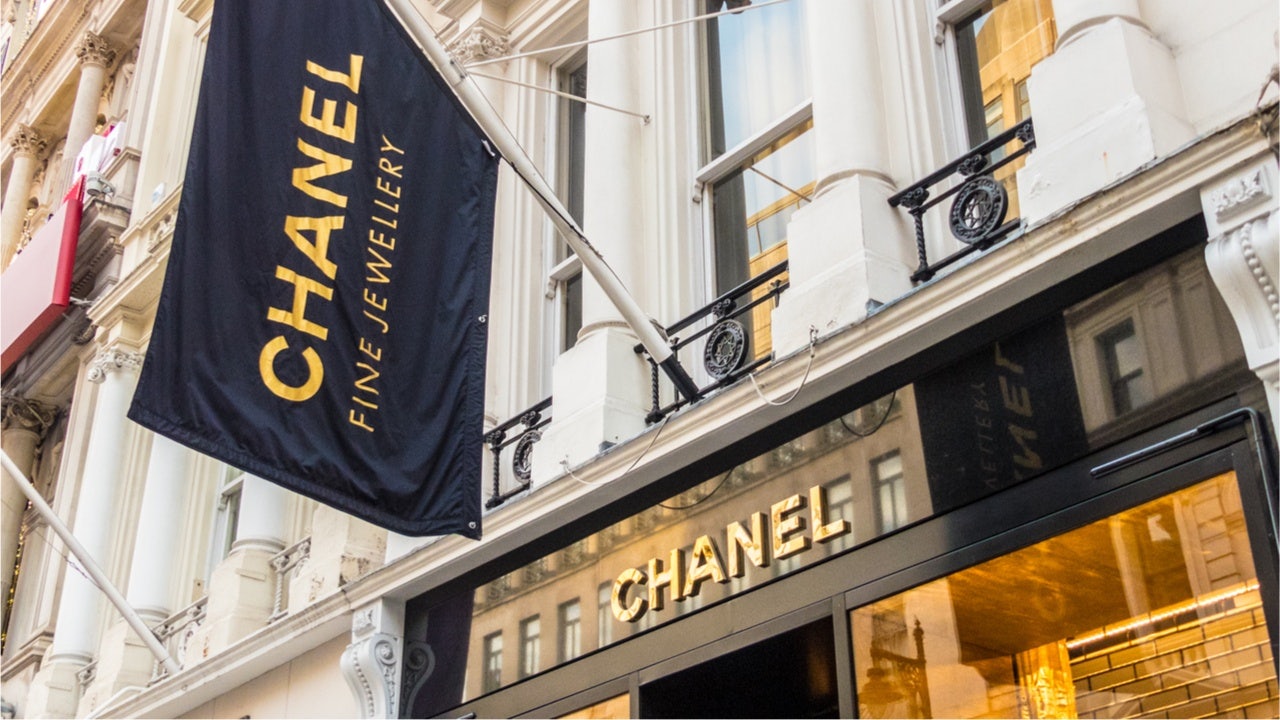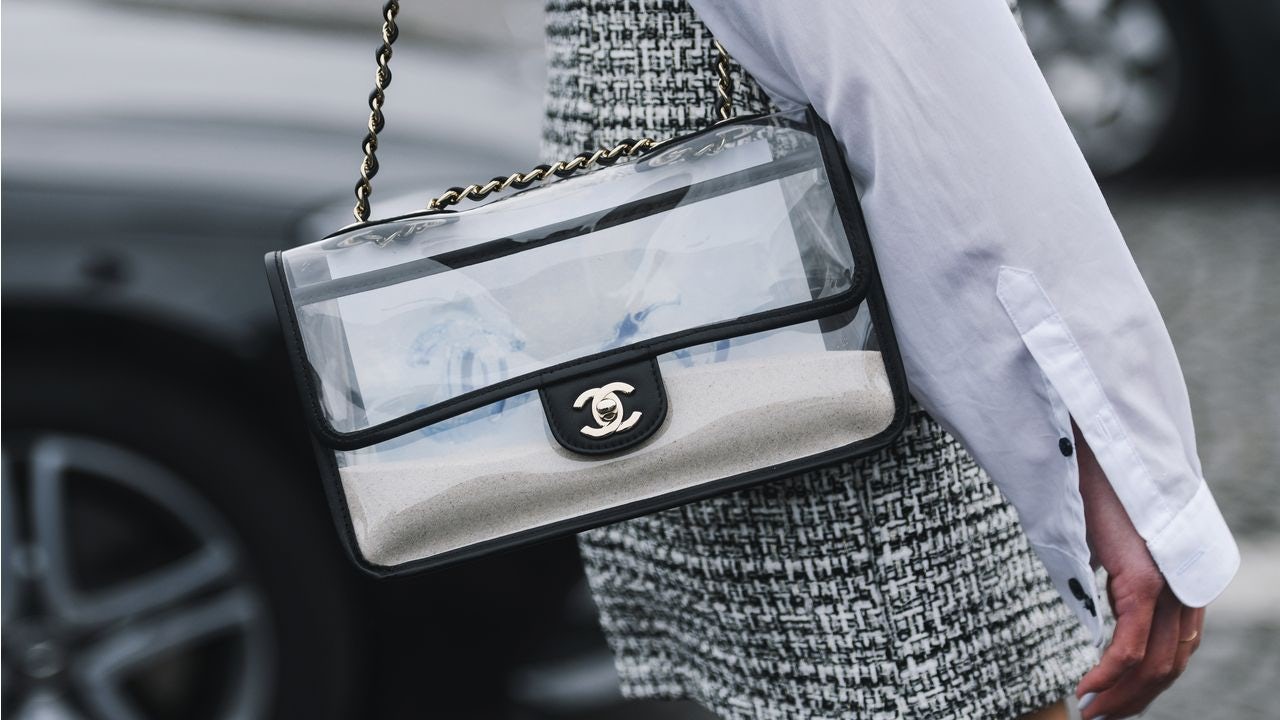What happened
This month, Chanel enacted a new in-store queue management system in South Korea where it has 24 stores according to the company website. The measure follows increased “reselling” of the brand’s products such as Chanel 19, Le Boy, and the Classic Flap Bag. Under this new elitist strategy, customers will need to provide contact numbers as well as their reasons for entering the brick-and-mortar stores. The move is, presumably, aimed at staving off Daigou sellers — also known as personal shoppers. According to Reuters, since the plan was executed, the traffic in boutiques has decreased by 30 percent.
The Jing Take
The travel ban and increasing price gap between luxury goods sold in China and neighboring countries (like South Korea) have boosted the daigou market. And these countries are pivotal for Chanel. Market research company Euromonitor reported that South Korea is the world’s seventh-biggest luxury goods market and one of only two of the top seven markets by revenue — the other being China — to see sales grow last year from 2019 levels. Yet, the nations have very different rules concerning luxury: it’s highly improbable the conglomerate could enact this tactic in the mainland.
For one thing, the French titan has been struggling with its reputation here. Last year, Chinese media Lishi Business Review published an article questioning its influence. And then there are the advertising battles: in 2020, it was fined 31,455 (200,000 RMB) for releasing false adverts and 33,028 (210,000 RMB) the following year for failing to meet government standards. It also sued the second-biggest smartphone maker Huawei — a firm at the heart of the rising Guochao trend — which backfired dramatically.
What further alienates the Chinese consumer is the house's refusal to adopt e-commerce. Currently, it only retails fragrance and beauty on JD.com, Tmall, and WeChat Mini Programs (and not Ready-to-Wear or handbags). Native buyers are already well-accustomed to purchasing high-ticket products online, particularly younger generations. So, what’s the hold-up?
Moreover, Chanel knows that Chinese consumers have incredibly high requirements for the purchasing experience. As one netizen, Bourdy, wrote on Xiaohongshu, “If the Chanel store decides whether I can get in or not, maybe I’ll buy Hermès or LV at the same price? At least they can offer me a pleasant shopping trip.” Rather than screening customers in-store, providing a better online service may be the label’s next move.
The Jing Take reports on a piece of the leading news and presents our editorial team’s analysis of the key implications for the luxury industry. In the recurring column, we analyze everything from product drops and mergers to heated debate sprouting on Chinese social media.


